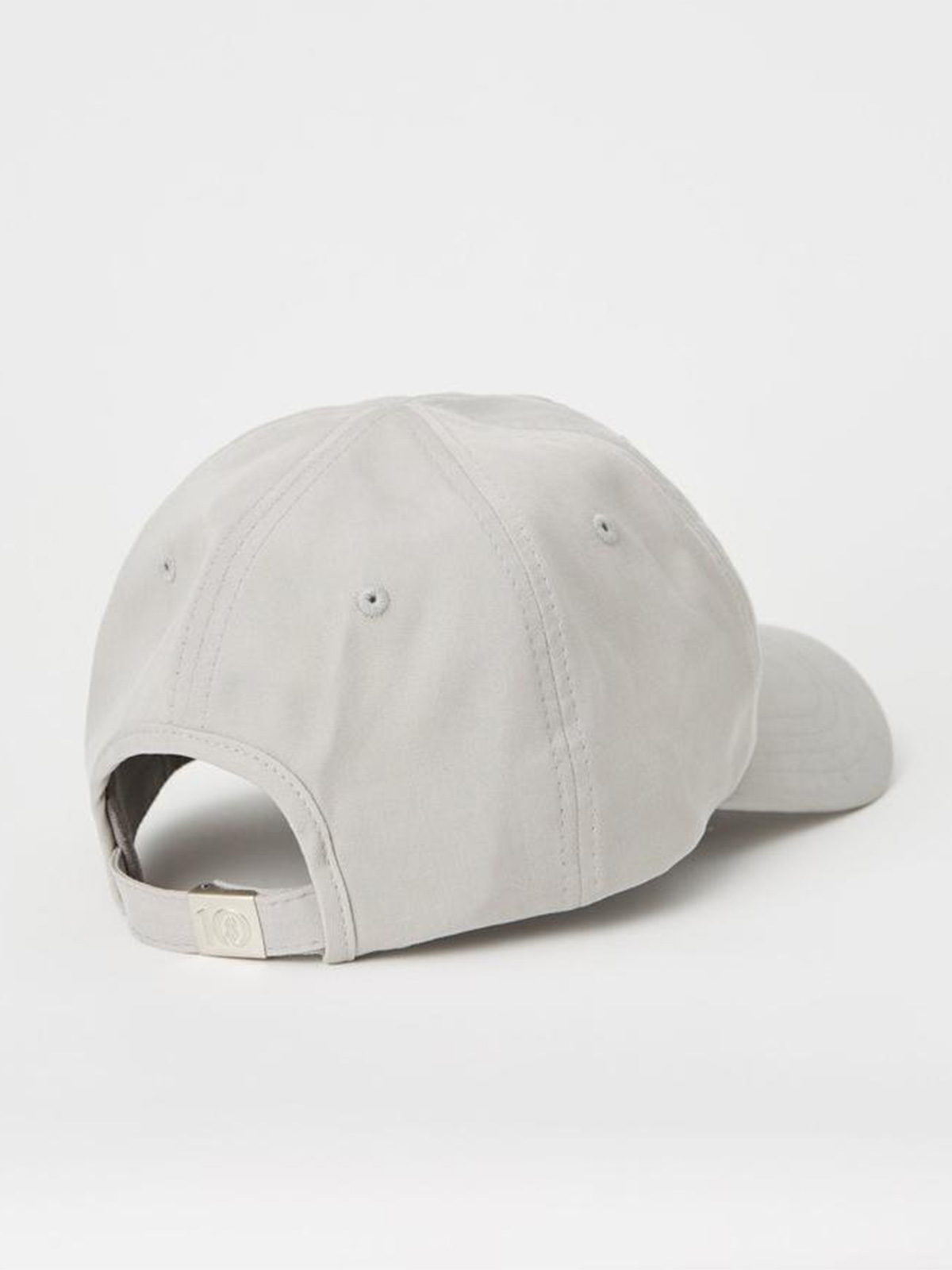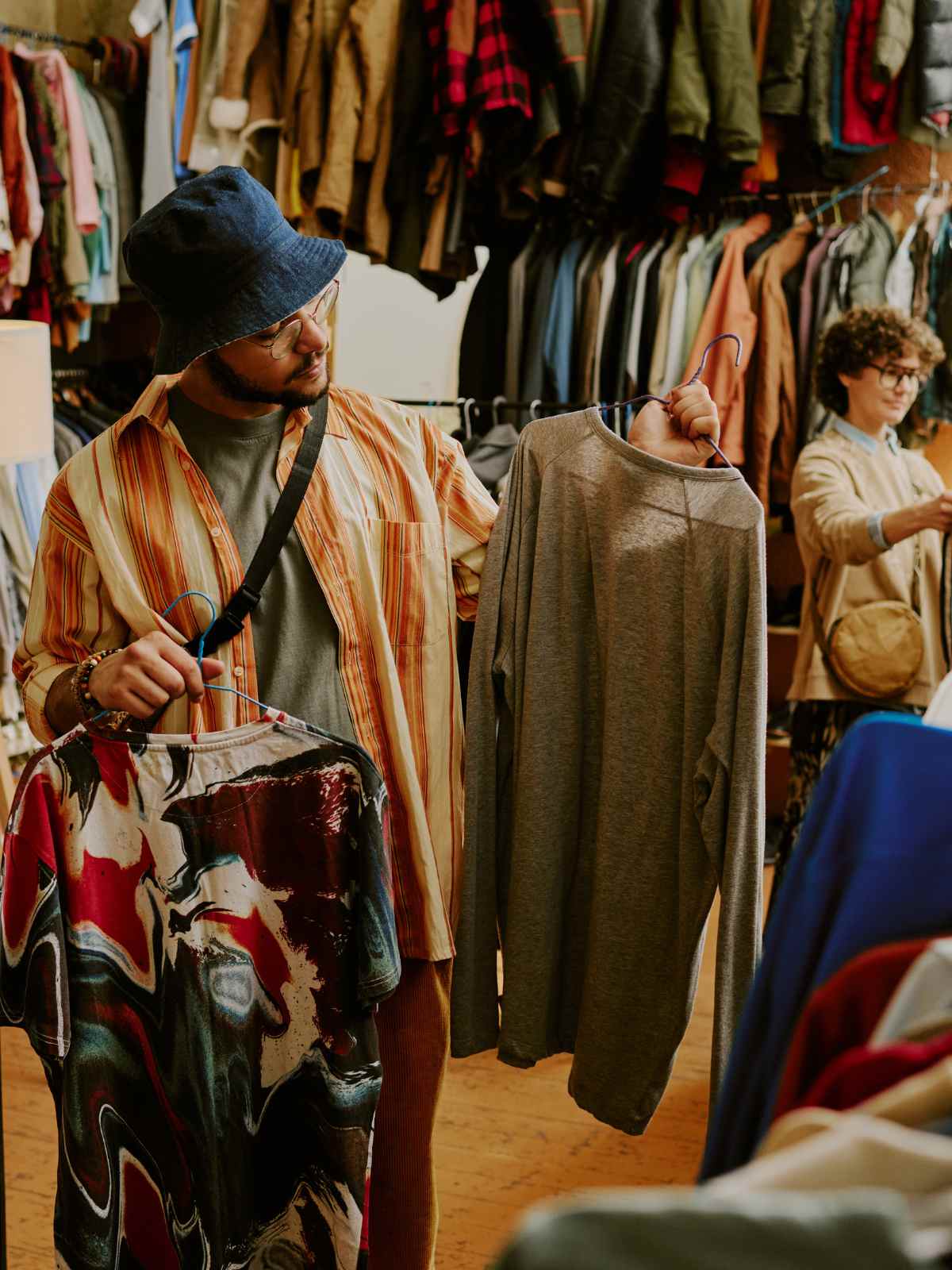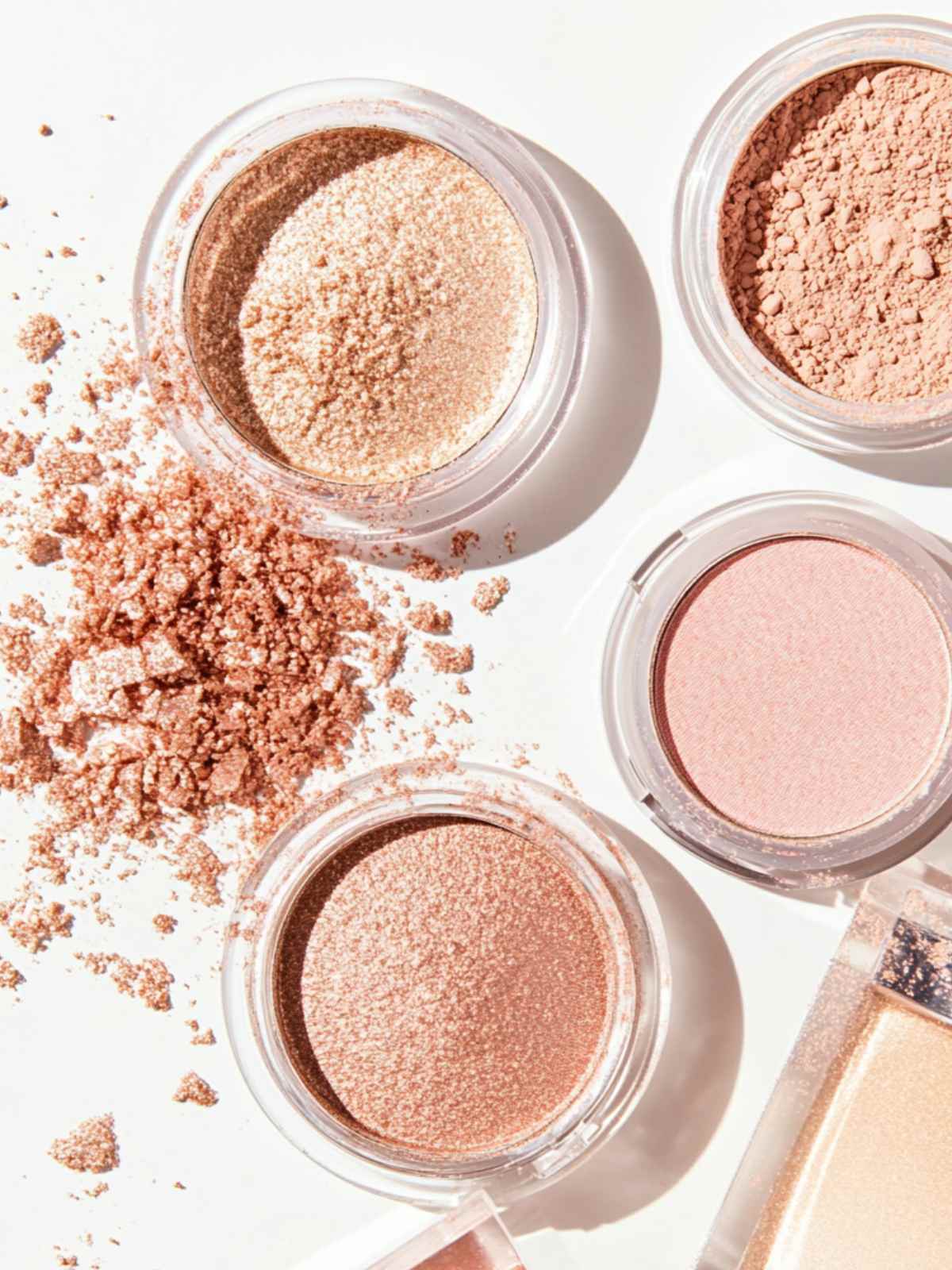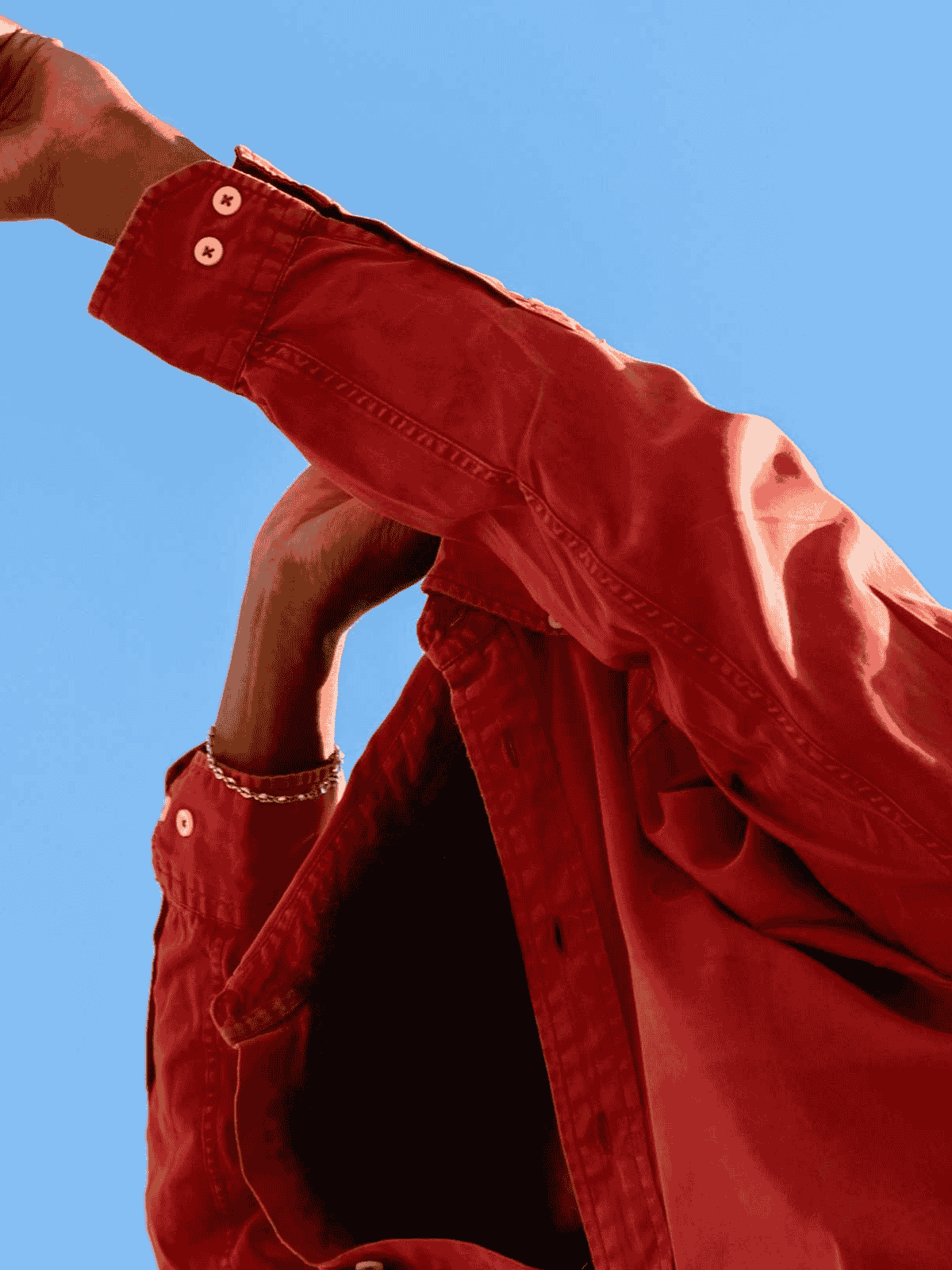Microsoft Bing’s new Ethical Shopping Hub makes Good On You’s sustainability ratings central to the core search experience. It’s set to help millions of people see through fashion’s greenwashing.
The surging consumer demand for more ethical fashion
One of the major consumer trends over the last five years is the huge rise in shoppers searching for more sustainable options. Case in point: searches for “sustainable products” have surged by 71% since 2016, according to global research by the Economist Intelligence Unit.
Sustainability is no longer a niche concern for a subset of the population. It’s become a mainstream focus for shoppers around the world.
But even as the demand for ethical fashion has rapidly grown, we’ve also seen an increase in greenwashing from major brands. Last year, a study by the European Union’s consumer protection authorities found that greenwashing is rife on e-commerce websites. The study deemed nearly 50% of claims false, misleading, or potentially illegal.
That’s the key problem consumers face. They’re demanding that brands take sustainability seriously. They’re scouring the web for more sustainable products. But it’s either too time-consuming, too confusing, or straight-up impossible for most average consumers to figure out what information they can trust.
Greenwashing is rife on e-commerce websites. Nearly 50% of claims are false, misleading, or potentially illegal.
Sustainability is undeniably complex. And most consumers aren’t sustainability experts. We simply can’t expect them to be.
This underscores why the latest news from Microsoft Bing is such a key milestone. It has become the first major search engine to incorporate fashion ethics ratings as a central feature of its shopping search experience. And it’s powered by Good On You’s credible and independent ratings.
Let’s take a look at how Microsoft Bing is helping everyday shoppers see through the greenwashing—and how these kinds of innovative actions can push the industry to do better.
Sustainability tech that’s empowering better choices
First, here’s why this matters. We all have a right to know how brands impact critical issues from climate change to workers’ rights. You shouldn’t need to be a supply chain consultant or climate scientist to verify if brands are telling the truth.
But before Good On You existed, there was no straightforward way to check brands’ track records on people, planet, and animals.
That’s why we launched our sustainability platform in 2015: to help transform fashion from the bottom up. And over the past several years, we’ve led a growing movement of consumers demanding just that. It’s a movement that now numbers into the tens of millions.
You shouldn’t need to be a supply chain consultant or climate scientist to verify if brands are telling the truth.
We’ve come a long way since our launch. Good On You is now widely regarded as the industry’s most trusted source for sustainability ratings and information. Our ratings system brings together the world’s most reliable public information on sustainability—tapping 500-plus data points across more than 100 key issues, indicators, and standards systems. We then present that in clear and accessible ratings. And we do it at a scale no one else has. So far, we’ve rated more than 3,500 brands, with thousands more on the way.
Microsoft Bing is making these user-friendly ratings more accessible than ever before.

How Microsoft Bing helps you see through the greenwashing
Now, let’s dive into the news. Good On You’s ratings are powering Microsoft Bing’s Ethical Shopping Hub, which first launched in the UK in late 2021. The Ethical Shopping Hub and search experience is now live in the United States and Canada, rolling out to more regions and languages soon.
How does it work? It’s simple—you’ll see it when you enter a relevant search query on Bing.com.
Within the shopping tab, you can select the Good On You filters to find products from brands that have been independently evaluated by our ratings system. Microsoft Bing users in the relevant regions are now able to filter fashion products based on Good On You brand ratings and values. When you hover over a listing, you’ll not only see the rating but also the criteria and values that the brand performs well on.
What’s so powerful is that these new features are central to how shopping experiences work on Microsoft Bing.
For many products that you’ll find using Microsoft Bing, Good On You has done the hard work for you. Using our proprietary tech, our analysts have evaluated each brand using our rigorous methodology, which we developed in collaboration with industry experts, academics, and organisations. Transparency and materiality are core to how the ratings system works. Learn more about how Good On You rates brands.
What’s so powerful is that these new features are central to how shopping experiences work on Microsoft Bing. They’re seamlessly integrated into the core search interface alongside filters for price range, size, colour, and so on.
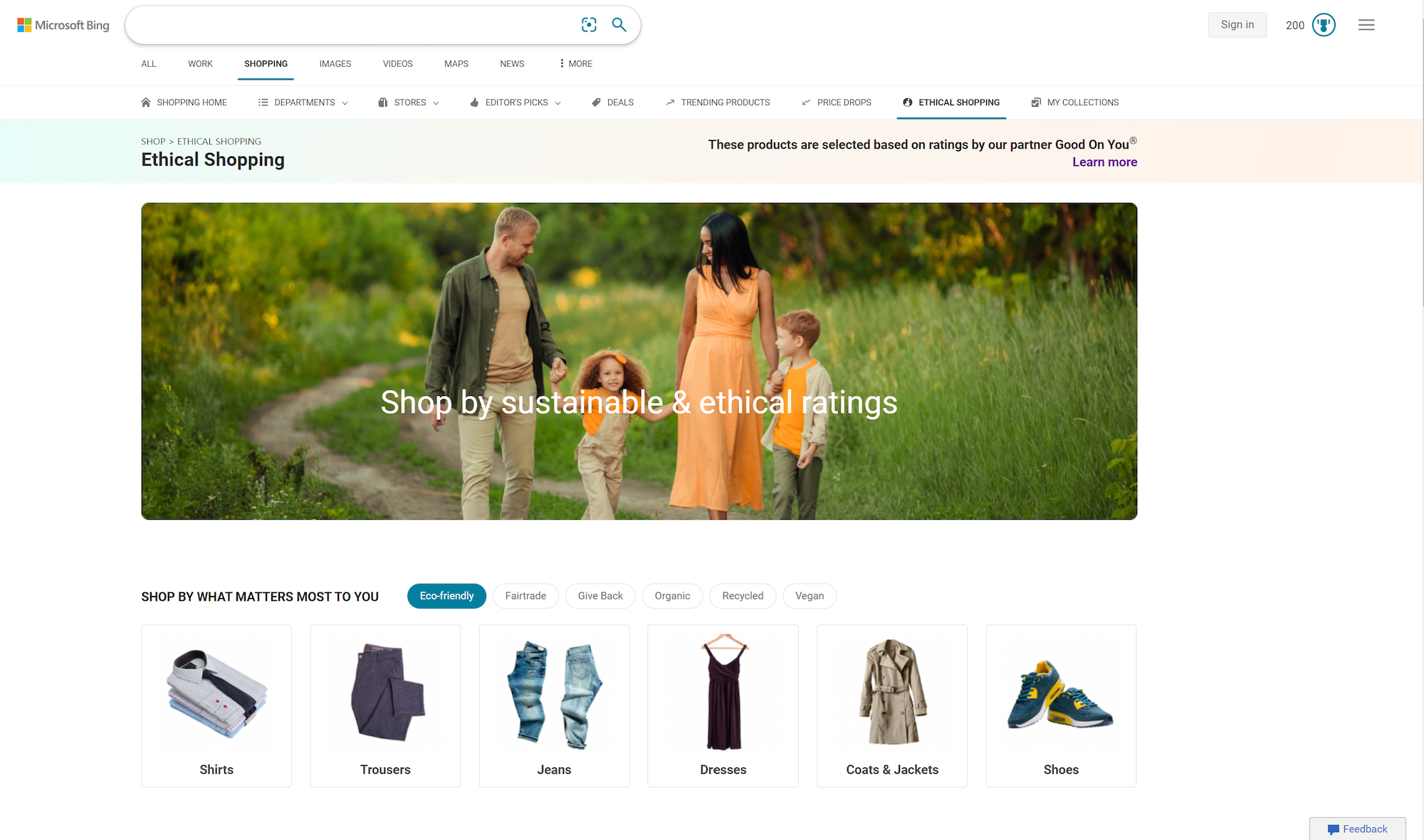
We all have a role to play in shaping the future
This news sends a clear message to the wider world of tech and e-commerce: you also have a responsibility to act.
While sustainability conversations often centre on what brands themselves are doing, the power to transform the industry and our wider economy does not only lie with brands. Platforms like Microsoft Bing are in a unique position, as they sit between everyday shoppers and brands. That gives them many opportunities.
Pioneering retailers like FARFETCH already harness Good On You’s ratings to educate consumers and promote meaningful changes across the fashion industry. It’s clear how much potential there is for others to step up.
These platforms have the power to not only shift consumer demand, but to push brands to improve in ways governments have so far failed to mandate. The growing calls for government regulation of the fashion industry is, frankly, long overdue. But that does not absolve the rest of the industry from its responsibilities.
These platforms have the power to not only shift consumer demand, but to push brands to improve in ways governments have so far failed to mandate.
The industry urgently needs to take action for our planet, for the millions of garment workers who make our clothes, and for the communities affected across the supply chain.
That’s why it’s so crucial that everyone within the system recognises they have a role to play. We need individual action. We need government action. And we need the industry to take accountability for its impacts at all levels. The solution is truthfully all of the above. Microsoft is showing us how to start making strides in the right direction.
